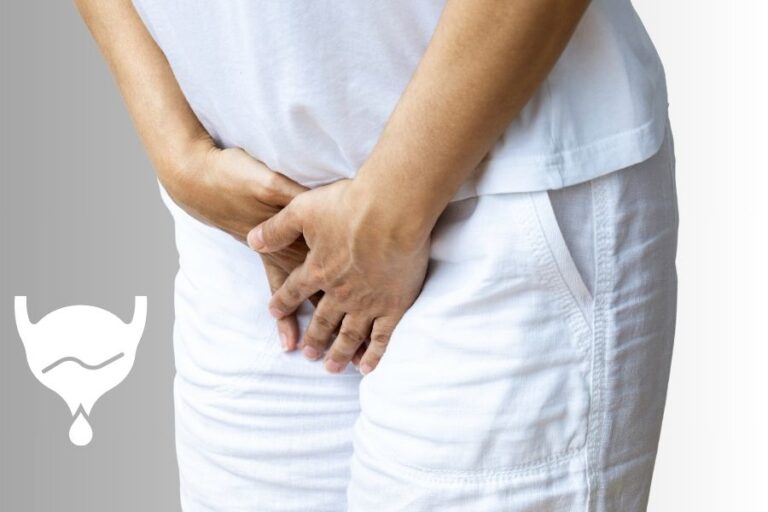- Phone: +91 94800 58379
- Mon-Sun 24/7
- contact.sanyrahospital@gmail.com


Urinary Incontinence

Urinary incontinence is an embarrassing yet common condition characterized by involuntary urine leakage. This issue affects all age groups and genders, but women and elderly individuals are particularly susceptible. Urinary incontinence can significantly impact quality of life, self-esteem, and daily activities. Understanding its types, causes, and available management solutions is essential for effective treatment.
If you’re seeking Urinary Incontinence Treatment in Bangalore, Dr. Rajendra Prasad at Sanyra Hospital provides expert care tailored to your needs. Early and personalized treatment can help manage symptoms and improve your quality of life. For specialized care, book your appointment today.
Urinary incontinence occurs when bladder muscles weaken or over actively contract, leading to loss of bladder control and leakage of urine from time to time or even complete loss. Its severity varies; from occasional leakage up to complete loss.
There are various forms of urinary incontinence, including:
Here Are Several Instances. Urinary incontinence may be caused by multiple factors, including:
Urinary incontinence management depends on its cause and severity; some common approaches for dealing with urinary incontinence include:
Strengthen Your Pelvic Floor Muscles Through Kegel Exercise can strengthen pelvic floor muscles to increase bladder control and decrease stress incontinence.
If you’re seeking Urinary Incontinence Treatment in Kengeri or Bangalore, Dr. Rajendra Prasad is here to help. To schedule a consultation or get more information about his services, contact us at Sanyra Hospital. Dr. Prasad and his team are committed to providing high-quality care and ensuring that you receive the best possible Treatment for urinary incontinence.
If you’re seeking a a Urinary Incontinence Doctor In Kengeri or Bangalore, look no further than Dr. Rajendra Prasad. With his expert care and personalized approach, you can be confident that you are in capable hands. Dr. Rajendra Prasad is a Consultant Urologist, Andrologist, Endoscopic, Laparoscopic & Kidney Transplant Surgeon with over 12+ years of service. He has handled many critical Conditions and is highly experienced in treating urinary incontinence and other complex urological conditions.
Urinary incontinence is an often impactful condition that can drastically change one’s quality of life and confidence levels in daily activities. Therefore, understanding its causes, types, and management options is critical in finding appropriate treatment and support options. Thanks to numerous strategies designed specifically to treat urinary incontinence symptoms – relief may come through different means as individuals regain control over their bladder function with various management approaches available today – seeking medical advice can provide much-needed help addressing urinary incontinence effectively, thus leading to improved quality of life and confidence during daily activities.
Urinary Incontinence is the loss of bladder control, resulting in accidental leakage of urine. It can range from occasional leaks to complete loss of control.
Common causes include aging, pregnancy, childbirth, menopause, urinary tract infections, and neurological conditions. It can also result from pelvic floor weakness or certain medications.
Diagnosis involves a detailed medical history, physical examination, and tests such as urine analysis, bladder diary, and urodynamic studies to assess bladder function.
Treatment options include lifestyle modifications, pelvic floor exercises, medications, and, in some cases, surgical interventions such as bladder sling procedures or artificial urinary sphincters.
You should see a doctor if Urinary Incontinence is affecting your daily life, causing distress, or if you notice any sudden changes in your urinary habits.

We are happy to assist you! Fill the form we will contact you soon!
Sanyra Hospital is a leading Multi-Speciality Hospital in Kengeri Bangalore and diagnostic centre. With a commitment to providing high-quality healthcare services, it offers a wide range of medical specialties and advanced diagnostic facilities to meet the diverse healthcare needs of the community. We have dedicated urology center & dialysis center.
© 2023, Sanyra Hospital. All Rights Reserved.
WhatsApp us